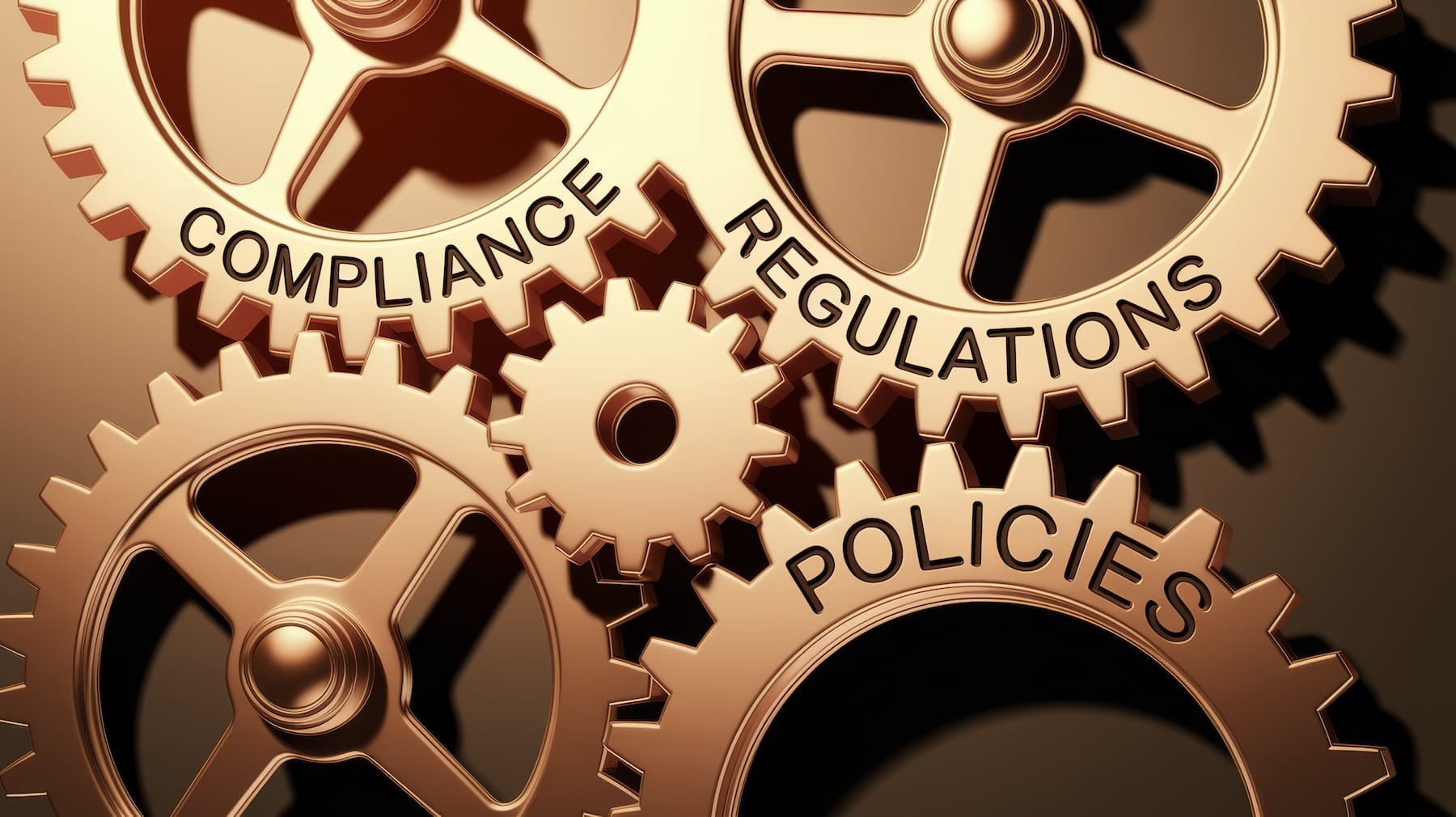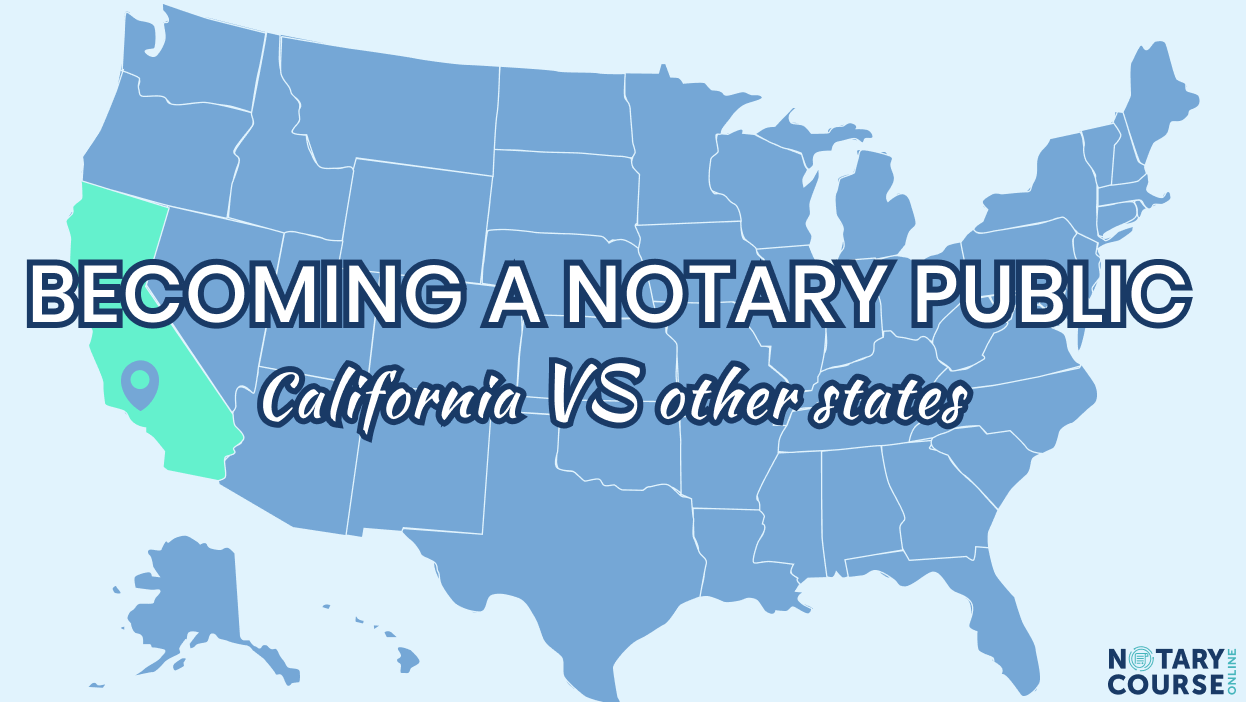California
Blog
Common Notary Errors and How to Prevent Them

-
by Carin Guertin
- August 29, 2025
Introduction
Even the most experienced notary publics can occasionally make mistakes—mistakes that may lead to invalidated documents, legal exposure, or disciplinary action. As neutral witnesses to important transactions, notaries are entrusted with verifying identities, ensuring the integrity of signatures on documents, and following precise legal procedures.
In this comprehensive guide, we’ll explore the most common notary mistakes, the risks associated with them, and how practicing notaries and notary educators can prevent these errors through consistent approaches, updated knowledge, and effective tools. For more information on training and certifications, check out our state-approved notary courses.
Why Notary Accuracy Matters
Notarial services play a critical role in legal and financial systems. From property transactions and affidavits to power of attorney forms and loan signings, a properly executed notarization provides assurance that:
- The signer appeared willingly and in person
- Their identity was verified
- The act was completed in accordance with the law
Mistakes in any of these areas can result in:
- Invalidated documents
- Delayed transactions
- Legal claims or litigation
- Reputational harm
- Fines or commission suspension
As such, avoiding notary errors is not just about compliance—it’s about safeguarding public trust and upholding professional standards. Our online notary certification programs provide up-to-date guidance to keep your practice error-free.
Most Common Notary Errors
- Missing or Incorrect Journal Entries
Many states require notaries to keep a detailed record of each notarization. Missing or incomplete journal entries are one of the most frequent notary mistakes. Errors include:
- Omitting the type of document notarized
- Failing to record identification details
- Leaving out the date, fee, or signature
These oversights can lead to difficulties defending your actions in a legal dispute or audit.
- Wrong Venue or Date
The venue refers to the jurisdiction where the notarization took place. Incorrectly entering the state or county—or pre-filling the wrong date—can invalidate a notarization. Always ensure these are entered at the time of notarization.
- Failure to Confirm Signer Identity
One of the notary’s primary duties is to confirm the signer’s identity using valid and acceptable forms of identification. Rushing this process or accepting expired documents increases the risk of fraud or forgery.
- Using an Expired or Incorrect Stamp
Stamps must include accurate information such as commission number, name, state, and expiration date. Using a stamp:
- After your commission has expired
- With incorrect or outdated info
- On documents outside your jurisdiction
… can result in rejection of the document and possible penalties.
- Improper Notarization of Electronic Documents
With e-notarizations becoming more common, many notaries fail to follow the correct digital protocols. Common issues include:
- Not using approved platforms
- Failing to record e-notarization in a journal
- Omitting required metadata or digital certificates
Understanding your state’s requirements is essential when handling remote or electronic notarizations.
How to Prevent Notary Mistakes
Preventing notary mistakes requires a combination of attentiveness, organization, and continued education. Here are some effective practices:
Use a Notary Checklist
Create a step-by-step checklist to use before, during, and after each notarization. This can include:
- Verifying ID validity and match
- Checking document completeness
- Confirming date, venue, and certificate details
- Logging the act in your journal
- Affixing your seal properly
Take Refresher Courses Regularly
State notary laws can change, and many states now allow or require continuing education. Even in non-mandatory states, taking a refresher course every 1–2 years is highly recommended. Explore our notary refresher courses.
Stay Focused During Appointments
Avoid distractions and refrain from multitasking during a notarization. Take the time to review documents and walk the signer through each step of the process.
Know Your Notary Certificate Language
Don’t guess or improvise the notarial certificate. Always choose the correct certificate (acknowledgment, jurat, oath, etc.) and ensure all wording matches your jurisdiction’s approved language.
Use Bound Notary Journals
Bound journals with numbered pages prevent tampering and help maintain a clear audit trail. They’re more secure than loose-leaf alternatives and may protect you in the event of a complaint or legal dispute.
Notary Risk Management Strategies
Effective notary risk management involves more than avoiding errors—it’s about building a system that protects you legally and professionally.
Carry E&O Insurance
Errors and Omissions (E&O) insurance covers unintentional mistakes or omissions in your work. It provides:
- Legal defense
- Settlement costs
- Peace of mind
While not required in every state, E&O insurance is highly recommended for all working notaries.
Secure Your Tools and Journal
Keep your stamp, journal, and certificate in a locked container when not in use. Avoid sharing your seal with others or leaving materials unattended.
Document Refusals and Irregularities
If you must refuse service—due to improper ID, incomplete documents, or coercion—log the incident. Detailed records show that you followed protocol and protect you in case of future claims.
Understand State-Specific Requirements
Each state has different rules for:
- ID acceptance
- Required notarial language
- Remote notarization
- Witnesses
Stay informed via your Secretary of State’s website and use our state-specific training guides to stay compliant.
Tools & Resources for Notary Professionals
To maintain a professional and compliant practice, notaries can leverage the following tools:
Digital Notary Journals
Cloud-based journals allow for secure, encrypted recordkeeping with auto-reminders and backup features. Ensure your state permits their use.
Identification Verification Apps
Biometric scanning and ID verification tools help you validate documents beyond visual inspection, reducing the risk of fraud.
Seal Expiration Trackers
Use calendar alerts or apps to remind you of upcoming expiration dates for your commission or supplies.
Continuing Education Platforms
Online training courses, such as those at NotaryCourseOnline.com, offer up-to-date lessons on best practices, emerging technology, and legal compliance.
Professional Organizations
Join notary associations to access:
- State bulletins
- Legal updates
- Networking events
- Mentorship opportunities
These resources help you stay engaged with changes in laws and technology.
Conclusion & Call to Action
Avoiding notary mistakes requires a disciplined, proactive approach rooted in education, recordkeeping and a strong ethical compass. From missed journal entries to improper certificates, each step in the process must be handled with care and professionalism.
By implementing the risk management strategies, tools, and best practices outlined here, you can build a strong, compliant notary practice that stands up to scrutiny and serves the public with integrity.
Ready to improve your notarial skills and reduce your risk?
Explore advanced training and top-tier resources—contact us today to stay ahead in the ever-evolving notarial landscape.
FAQs
Q: What happens if I make a notary error?
It depends on the nature of the error. Minor mistakes may be correctable, but serious ones can void a document or expose you to liability. Always document and report mistakes when necessary.
Q: Can notary mistakes be corrected after the fact?
Sometimes, yes. If the error is discovered early and the signer is available, a correction certificate may be issued. However, never backdate or alter a certificate after notarization.
Q: Are electronic notarizations riskier?
They can be, if not performed correctly. Risks include identity fraud and improper recordkeeping. Use approved platforms and understand your state’s e-notary laws.
Q: How often should I take notary training?
At least every 4 years—or sooner if your state updates its laws. Regular training keeps you sharp and reduces liability.
Q: Can I notarize for family members?
Most states prohibit notarizing for immediate family due to conflicts of interest. Check your state’s regulations.






 Congratulations!
Congratulations!